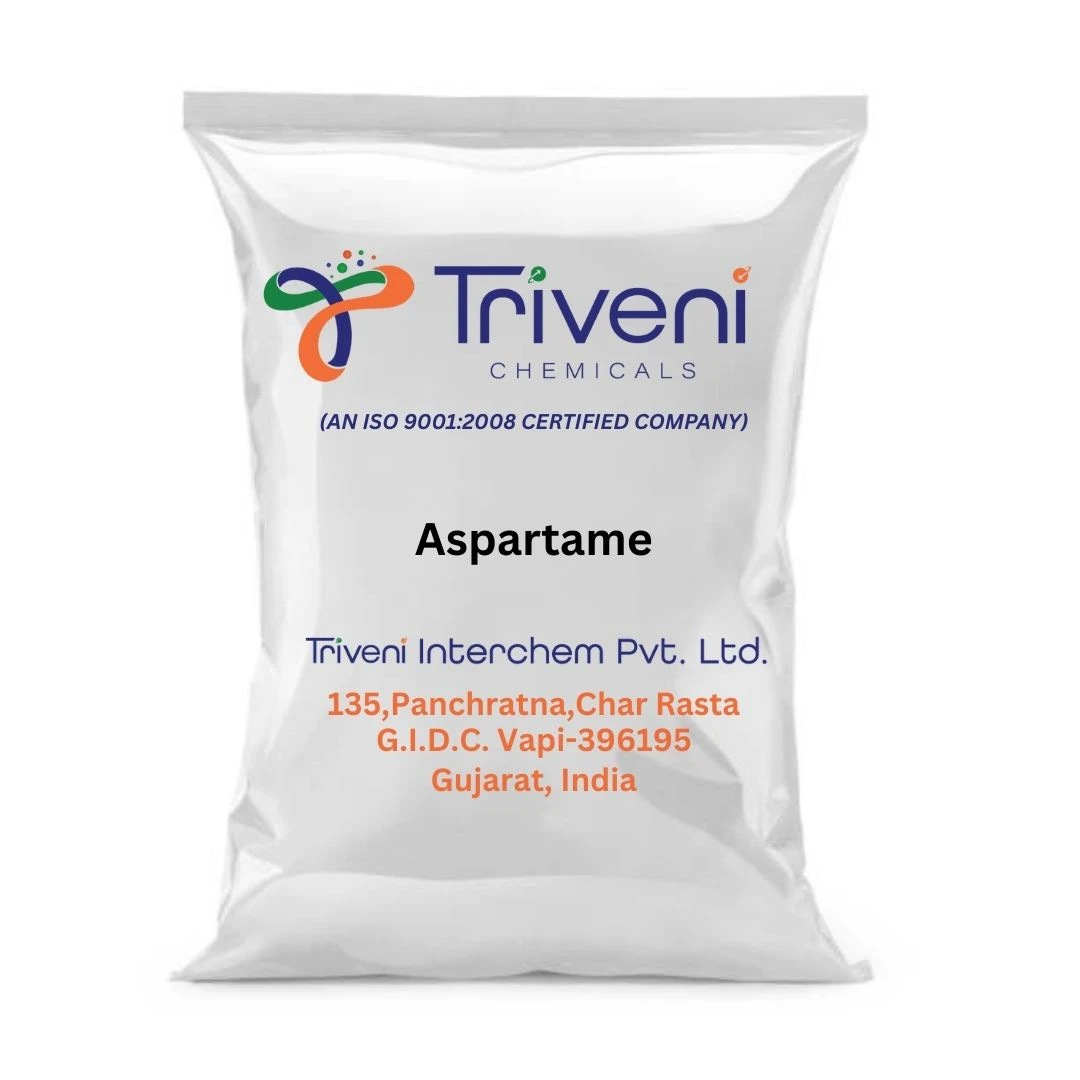Synthetic Flavoring Ingredients In today's food sector, artificial flavoring compounds are widely used to improve the flavor and scent of a variety of products. These ingredients are made to resemble real flavors, giving a wide range of dishes and drinks uniformity, richness, and adaptability. They continue to be used because..
Synthetic Flavoring Ingredients In today's food sector, artificial flavoring compounds are widely used to improve the flavor and scent of a variety of products. These ingredients are made to resemble real flavors, giving a wide range of dishes and drinks uniformity, richness, and adaptability. They continue to be used because they are affordable and may produce engaging sensory experiences, despite criticism regarding possible health risks.Keeping up with consumer expectations for a constant taste is one of the main justifications for using artificial flavoring chemicals. The degree of flavor strength in natural foods might vary based on various factors such as soil quality and weather. Contrarily, artificial flavors guarantee that customers will always experience the same flavor with every purchase because they have a consistent and dependable taste profile. Additionally, food makers can save money by using artificial tastes. Natural taste creation can be a labor-intensive and costly process that requires the extraction and processing of substantial amounts of raw ingredients. Artificial tastes are produced in laboratories and are generally more cost-effective when produced in big quantities, which makes them appealing for use in industrial food production.Furthermore, a wide variety of alternatives are provided by artificial flavors, which may not be achievable with just natural components. Innovative and varied product offerings can result from the ability of food scientists to produce flavor combinations that are distinct from those found in nature. Due to its adaptability, innovative and thrilling flavor experiences can be created, piqueing customer attention and boosting market competitiveness. But questions have been raised concerning artificial flavoring chemicals' effects on health and safety. Certain artificial flavors may have negative health impacts, including allergic reactions or long-term health hazards, according to certain research. Because of this, authorities such as the FDA keep a careful eye on these compounds and have rigorous limits for their usage in food products . Some food makers are using natural flavoring compounds made from actual food sources in order to allay these worries. Compared to their fake equivalents, these natural flavors—extracted from fruits, vegetables, herbs, and spices—offer a more transparent and health-conscious option. Because natural components are seen to be healthier than artificial ones and because consumers prefer clean-label products, they are increasingly looking for items with natural flavors.In conclusion, because they offer consistency, affordability, and diversity, artificial flavoring agents are important to the food sector. Their use continues despite criticism over possible health hazards because of their advantages in product innovation and flavor enhancement. The industry keeps adapting as customer preferences shift in favor of natural and clean-label products, striking a balance between the growing interest in natural alternatives and the demand for artificial flavors.
- Artificial Flavoring Agents – Enhancing food taste with synthetic additives, linked to Artificial Flavors.


